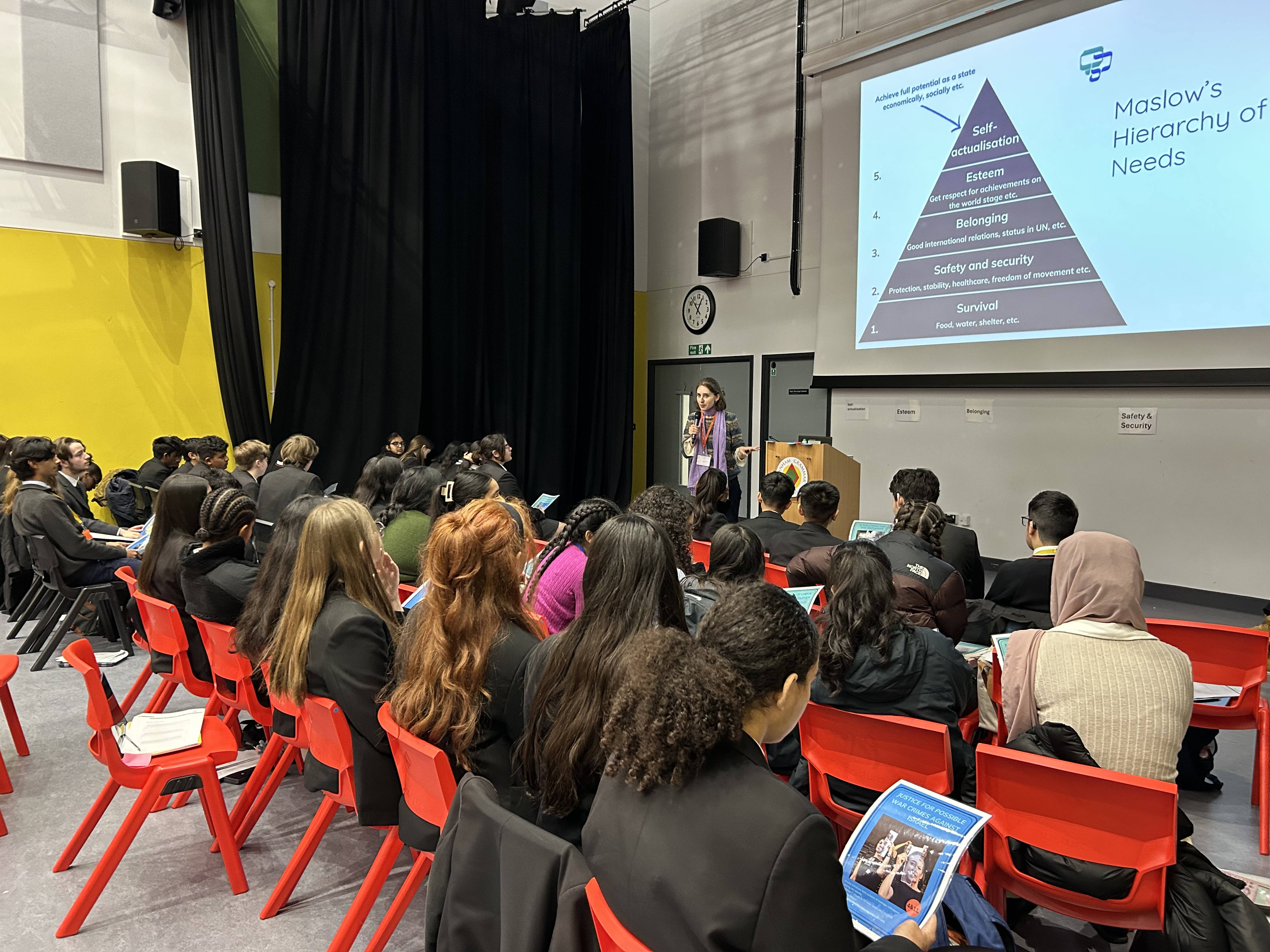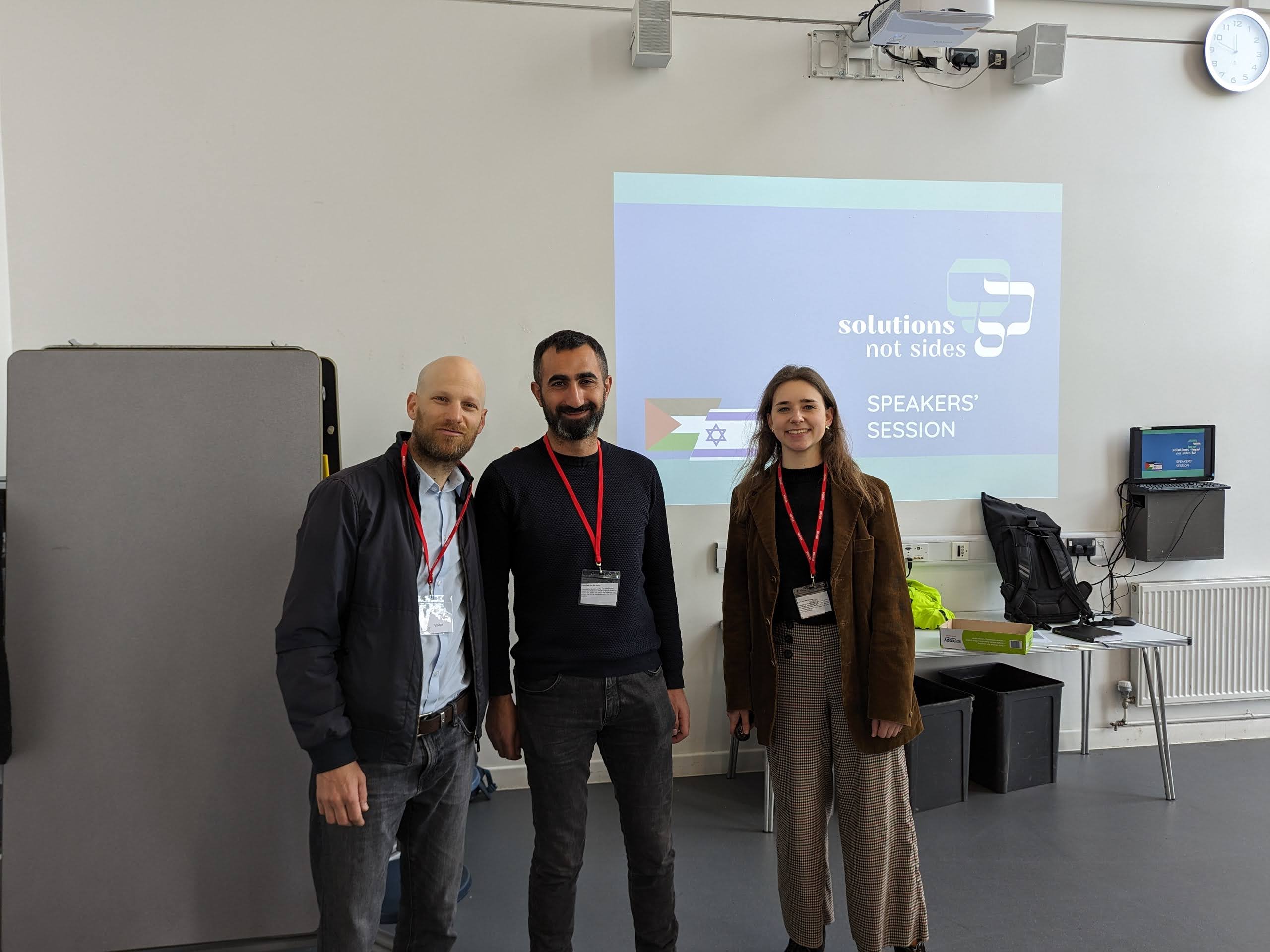Over the summer I read Walden while the world burned, and I still don’t know how to square this. I love reading for the same reasons that most people who love reading do; it is both a means of escape and a way to encounter reality – including realities different to your own – anew. I’m trying to read 50 books this year, and at the same time I’m confronted with the question of whether it is okay to spend hours with a book when crises unfurl.
Walden is Henry David Thoreau’s account of his year in the woods by Walden Pond in 19th century Massachusetts. He retreated from busier life in the town of Concord, though remained connected with the community there, built a cabin and tried to live a life of the bare basics. I may have been drawn to it because the book appears on some level like a bucolic dream. Walden watches the seasons drift in and out, fishes, grows his own food, and philosophises on everything from Confucius to the pointlessness of the postal system.
But it also raises a question – one that Thoreau seems to confront himself – of what it means to give your attention to that which is in front of you while you are part of a much bigger national, or even global, picture.
I’ve been trying to connect the dots ever since. The dots between how to pursue a life within the particular time and place that I inhabit and the fact that this life is not unconnected from those of Palestinians and of Israelis and of wider human suffering.
It is perhaps worth noting that I was likely drawn to Walden because of the overlaps between trying to live life ‘deliberately’ – his stated goal - and my own religious practices. While reading about Thoreau tending to his bean-field I also thought about the practices of my own faith tradition – attending to the Sabbath, and to prayer, to silence, to God, to your neighbour, to your enemy. I suppose these might be considered matters of the soul. What does it mean to tend to them when the horrors we see continue to happen, and is it even possible? Does it lead anywhere?
These are uncomfortable questions to voice because doing so at all means confronting the privilege of being able to ask them in the first place. And I think it’s important to acknowledge that I’m writing from a place of having needs – for safety and shelter and psychological security and food and water – met, and to name this as the context from which and into which I am writing. I do not know what I would say were things otherwise.
I don’t have clear-cut answers, but I have some thoughts to start with:
Returning to Walden, it is clear that that for Thoreau being in the woods was not about running away to the woods. He didn’t live far from his community and by his own admission hosted many travellers in his time there. He was active in fighting the great evil of his day, slavery. Once, he hosted a formerly enslaved man on his route to Canada. Once, he spent a night in prison for refusing to “pay tax to, or recognize the authority of, the state which buys and sells men, women and children, like cattle at the door of its senate-house.”
Clearly, it must be possible to live a slower, grounded life and care and still do something about the evils beyond your own front door. And at the same time, having an actual presence in the woods meant that there was a resting place for those passing through. May we become people who offer rest to others.

To return to the matter of my own faith, one of the Christian doctrines that I am most shaped by is the idea of grace – that there is nothing we can do to earn the love of God, but rather we simply receive it. Any action that we undertake to pursue a love of others and the renewal of the world starts from a place of resting in this grace; rest for oneself however is not the end goal, but rather we are moved – ideally at least – to extend grace to others.
And this is because ultimately, tending to the soul – while often associated with solitude – is never a solitary activity because it is done while lifting your gaze beyond yourself. It must be done in tandem to tending to the souls of others.
One of the most striking passages in Walden is the description of Thoreau’s friend and fellow Transcendentalist and abolitionist, Amos Bronson Alcott (father of Louisa May Alcott):
“Whichever way we turned, it seemed that the heavens and the earth had met together, since he enhanced the beauty of the landscape. A blue-robed man, whose fittest roof is the overarching sky which reflects his serenity. I do not see how he can ever die. Nature cannot spare him.”
What a beautiful thing to recognise in another person. I wish there were more leaders in the world with the ability to recognise others as ensouled beings. I wish we could look upon goodness more.
The past two years have been, to put it lightly, an intense time to work in the field that SNS is in, and our hearts break continually – for the Middle East, and for our own communities in Britain. The one thing that I keep telling people who ask me about it is about the speakers we work with, Israeli and Palestinian, who have an ability beyond my comprehension to keep fighting for something better. The least we can do is give them our attention.
When there is a fire, you need to put the fire out. But you also want to create an environment in which fires are less likely to happen in the first place. And maybe this is where the activists and the contemplatives are both needed, and where a present and grounded life can be most helpful – in laying the foundation for something better. If the end goal of a well-tended soul is more robust communities and more capacity to love your neighbour (and enemy), surely that cannot be a bad thing.

I mentioned at the start the privilege of being able to ask questions about these topics at all. It should also be noted that those of us who are not face to face with immediate crisis also have the privilege of being able to avert our gaze, of being busy and frenetic in a way that ignores the fires without while stoking the ones within. While I sometimes question my own slow tendencies, I also know that I don’t want to live such a distracted, manic life that it actually dulls my senses.
One of the key skills that we try to uphold and build at SNS is empathy. I find that the practices I’ve mentioned here – reading, being attentive, the practices of my own faith tradition – to be significant ways of building empathy.
Maybe the best life in the woods is the one that fosters humanisation – of ourselves and of our neighbours, be they literally next door or thousands of miles away. A humanisation that can lead to action. The urgency to do so has never felt greater.